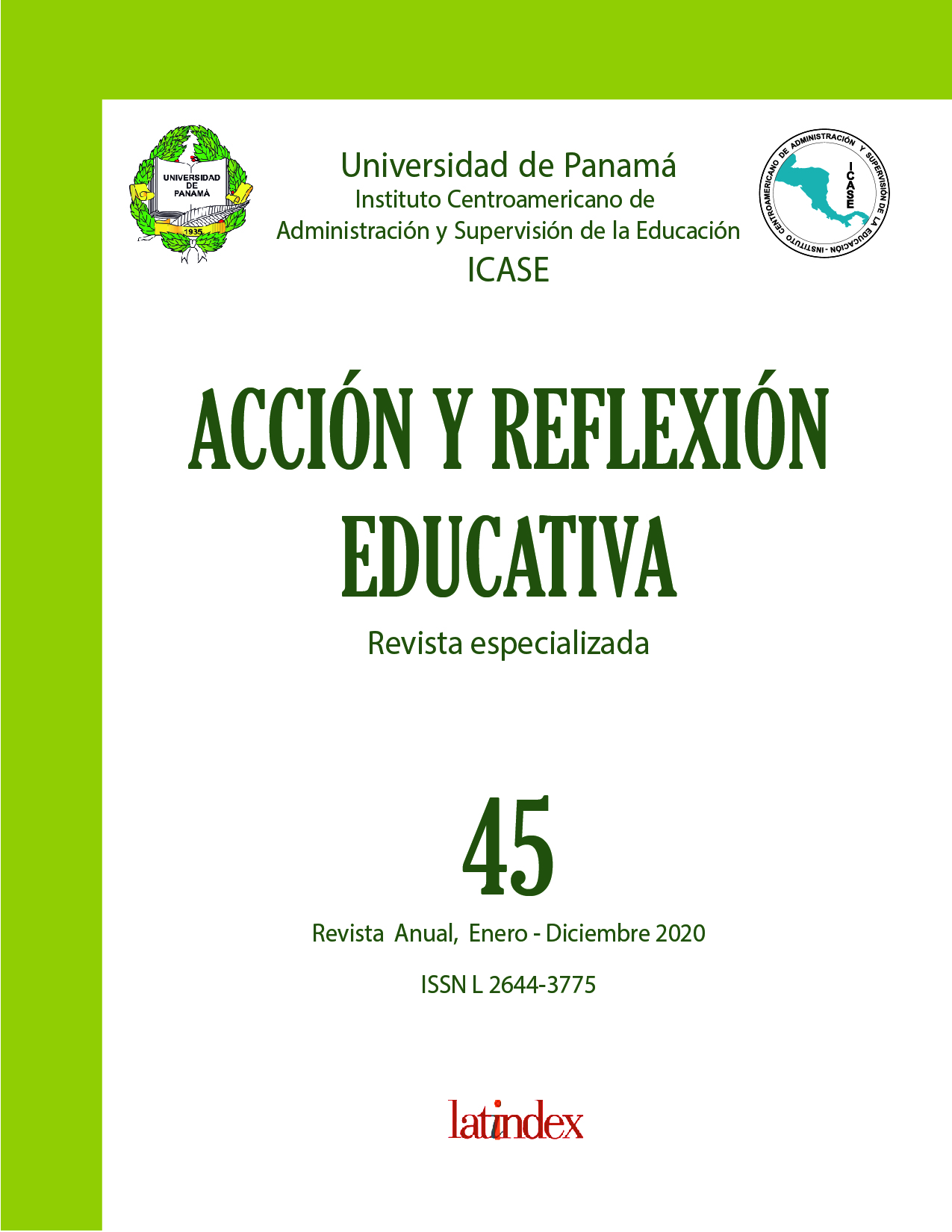

In this article, we basically address the theoretical studies and positions of social linkage from its initial conception of university extension to its transformation into a substantive function. Bibliographic research is based on the need for theoretical foundation of such involvement, considering the weaknesses presented in the articulation of the planning, execution, monitoring and evaluation stages with academic programs and lines of research and innovation of higher education institutions. In addressing the theoretical position, we analyzed review articles having empirical evidence, from a structured logic, to find the theoretical base of such linkage with society. The main novelty is the lack of theory that supports the substantive function of involvement with society. To conclude, we identify challenges, questions, concerns and paths in the scientific field and for now, based on the applied studies that have been reviewed and systematized, it is recommended to use the Triple Helix model where converge the following actors: the University, the Productive and Community Sector, and the State, to adapt this prototype to higher education, generating a network of research and innovation, academic programs with relevance and territorial identity and involvement projects, aiming at proactively responding to social problems and transforming the reality of the public and private sectors as well as the popular and solidarity economy of the region and country.